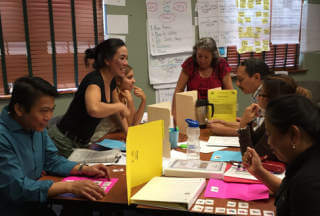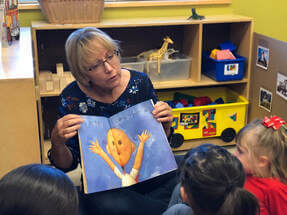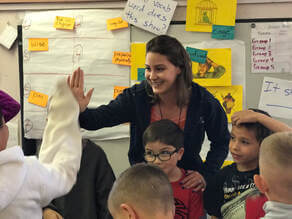Listening is an vital language skill to help students develop. It's one of the four skills that seem the hardest to develop, yet it's also one of the most crucial.
On this page, John Kongsvik reviews what listening is, what it involves, and how to develop it in the classroom.

The four domains of language (or the four skills) are the four ways that we interact with language. We speak and listen; we read, and we write. Of these skills, two of the skills, speaking and writing, are considered productive skills since we create language with each of these. On the other hand, listening and reading are described as receptive skills because we are receiving the from an outside source. This is important to know because the type of skill (or language domain) it is determines how to support its development.
Definition: Listening is actively making meaning from verbal input.



Click the button below to claim your free ebook and join our mailing list.